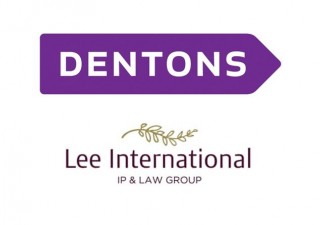South Korea Expands Refund Scheme for Patent Examinations
01 September 2015

The Korean Intellectual Property Office announced that the Patent Act has been revised to provide for an improved system for the refund of examination fees. The revised Patent Act became effective as of May 18, 2015.
“We are satisfied with the revised Patent Act that provides for the refund of official fees,” says Terry Kim, chair of IP group at Lee International IP & Law Group in Seoul. “It is reasonable and applicants will benefit from it.”
According to the Patent Act before it was revised, an applicant is entitled to a refund of the filing and examination fees as well as fees for claiming priority only where the applicant expressly abandons or withdraws the patent application within one month from the filing date of a patent application.
The revised Patent Act now allows examination fees to be refunded also where an applicant expressly abandons or withdraws a patent application prior to receiving a first Office Action including follows:
(1) A Notice Requesting Consultation issued for violation of the first-to-file rule where two or more applications claiming the same invention were filed by the same applicant on the same date;
(2) An Office Action; or
(3) A Notice of Allowance.
However, the applicant is not entitled to a refund of the paid examination fees after Results of Prior Art Search conducted by an institution designated by KIPO have reported to KIPO. Issuance of this Report can be confirmed on the e-filing website of KIPO.
“We believe that such a rule is reasonable. Where examination has commenced, costs of examination would also be incurred by KIPO,” Kim says. “Thus, it is reasonable that paid examination fees cannot be refunded after Results of Prior Art Search have been forwarded to KIPO.”
“The KIPO e-filing website is userfriendly and the statuses of applications are kept up-to-date. Therefore, we believe that use of the e-filing website to confirm the issuance of any Results of Prior Art Search is very efficient and effective as it allows an applicant to instantly confirm whether the patent application is still eligible for a refund of the paid examination fees,” adds Kim.
The revision applies to all patent applications that are abandoned or withdrawn on or after May 18, 2015.
“If there is no restriction placed on the revision, there would be an excessive burden for KIPO,” Kim says. “Further, where an applicant withdrew or abandoned an application prior to May 18, 2015, the applicant would have withdrawn or abandoned the application with full knowledge that s/he would not be entitled to any refund of the paid examination fees under the pre-revised Patent Act even if examination results or prior art search results have not been received at the time of withdrawal or abandonment. Thus, we believe that no undue loss would have been suffered by the applicant since s/he was fully informed that nothing would be refunded under the pre-revised Patent Act.”





